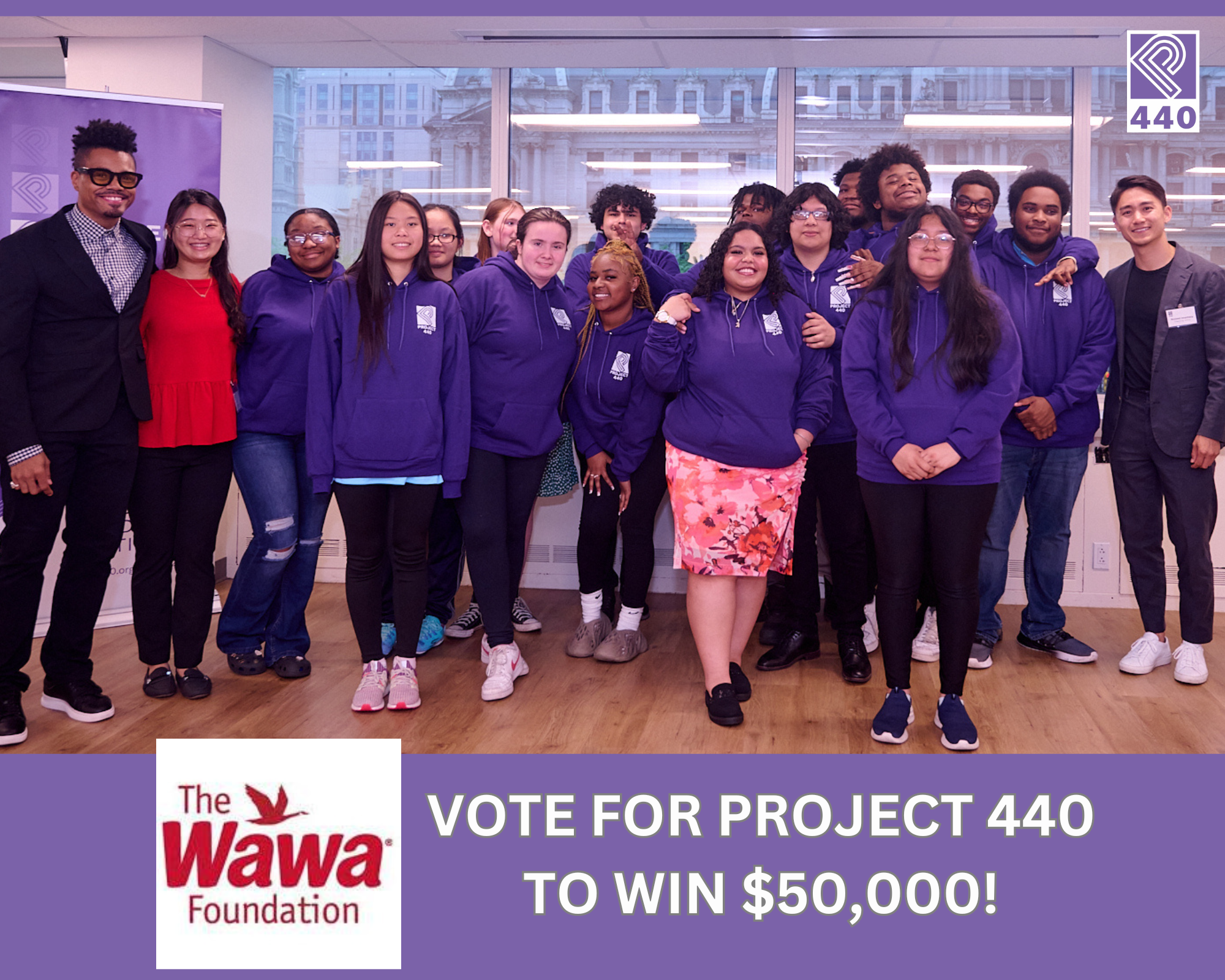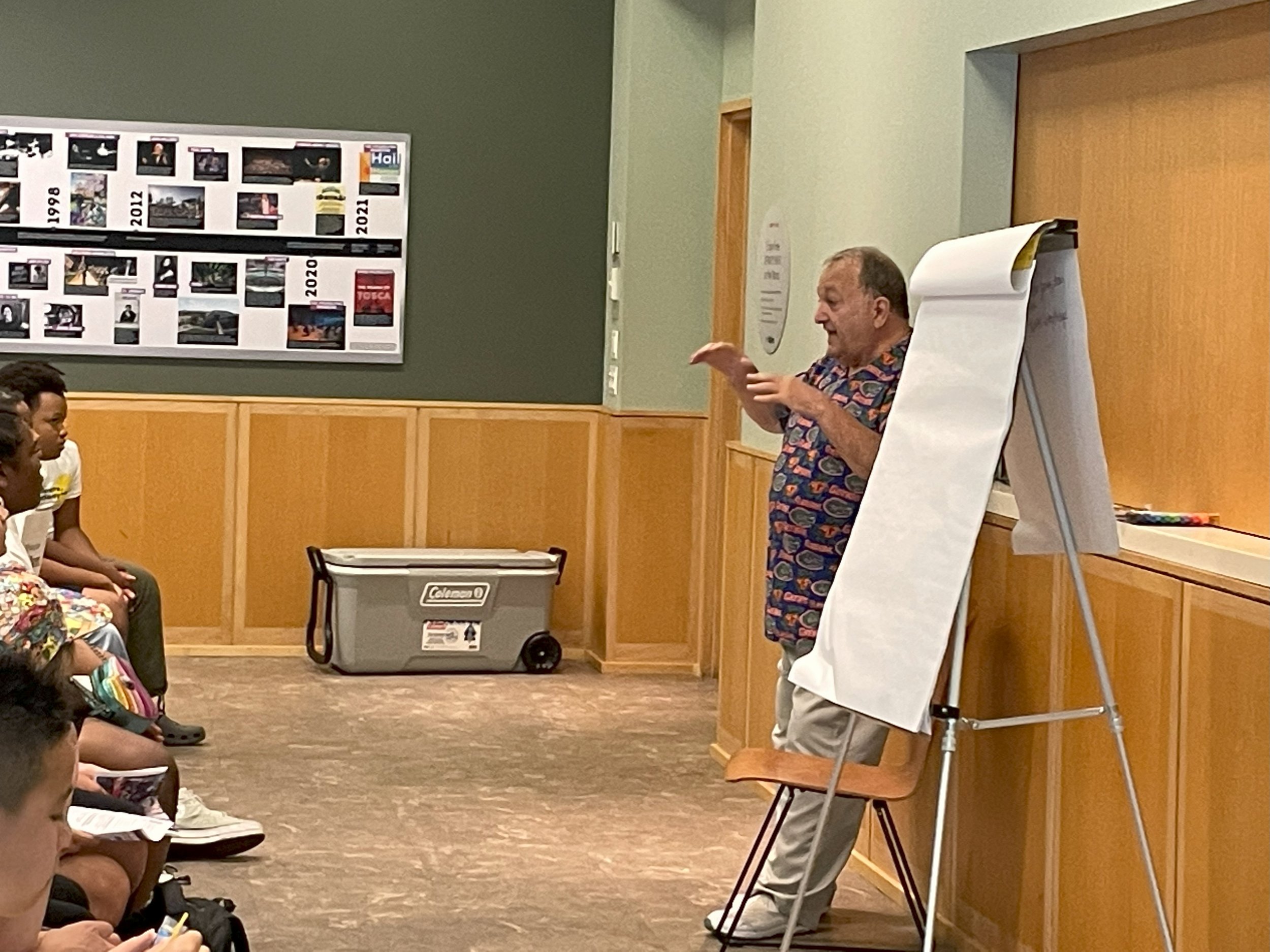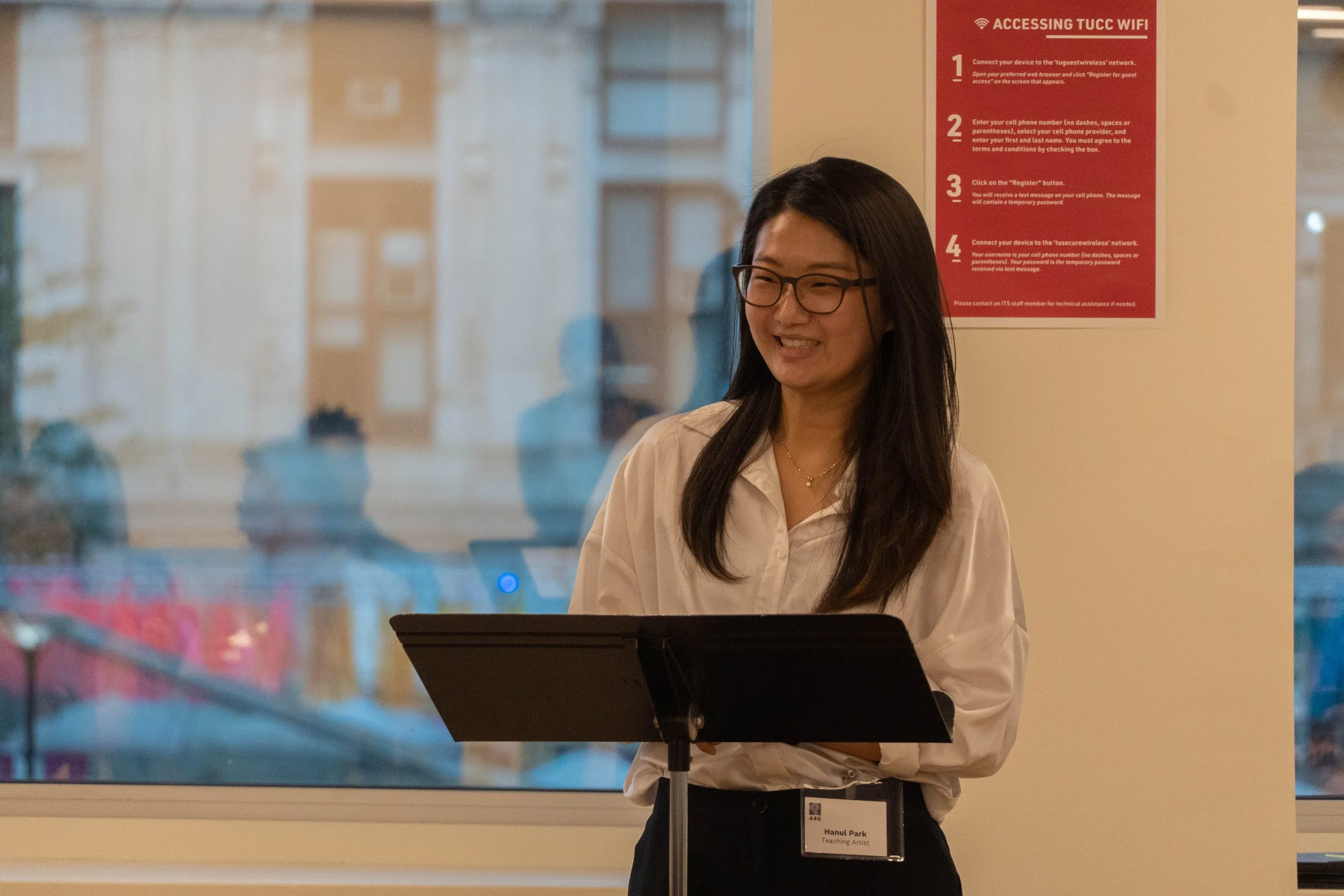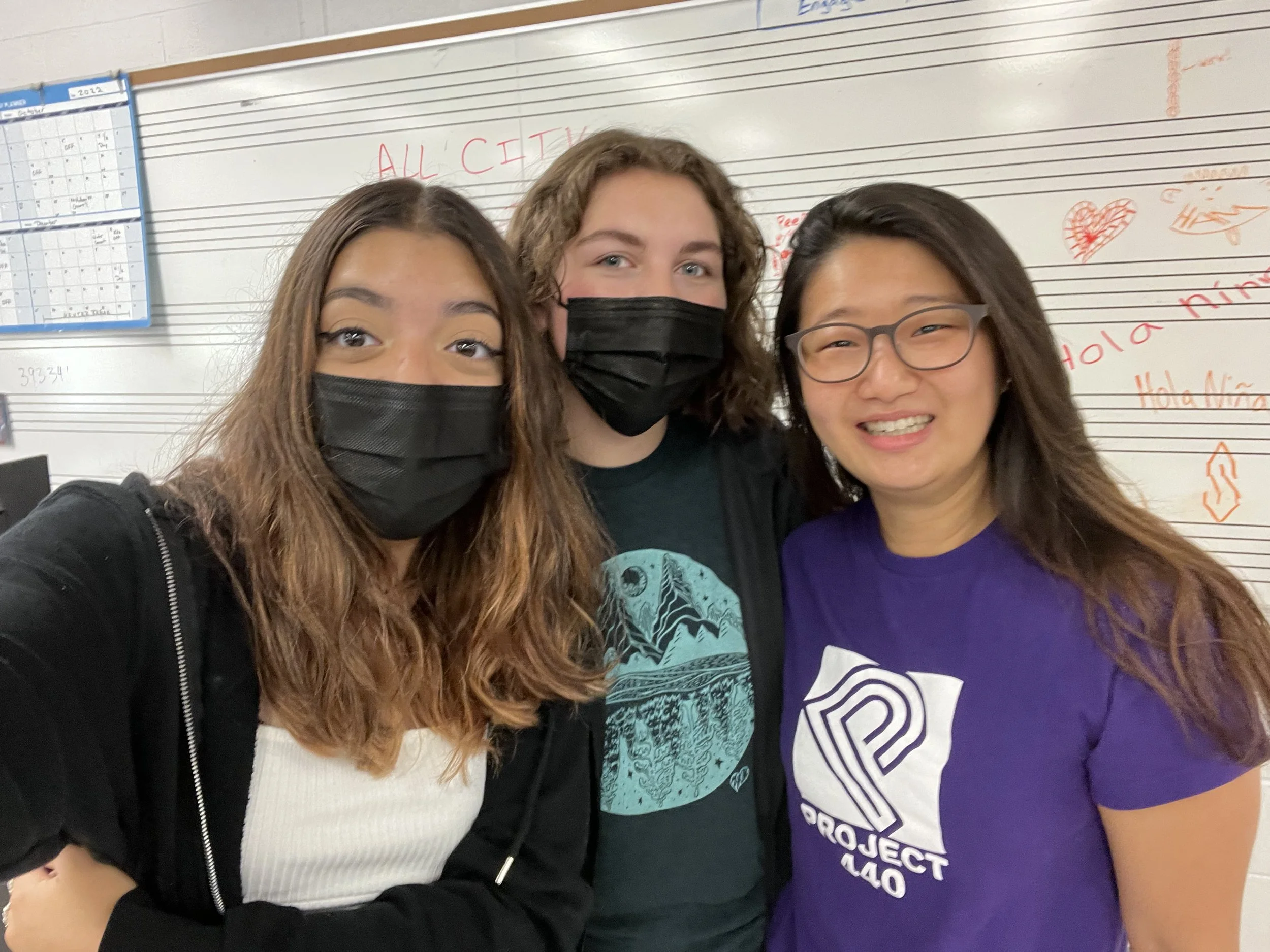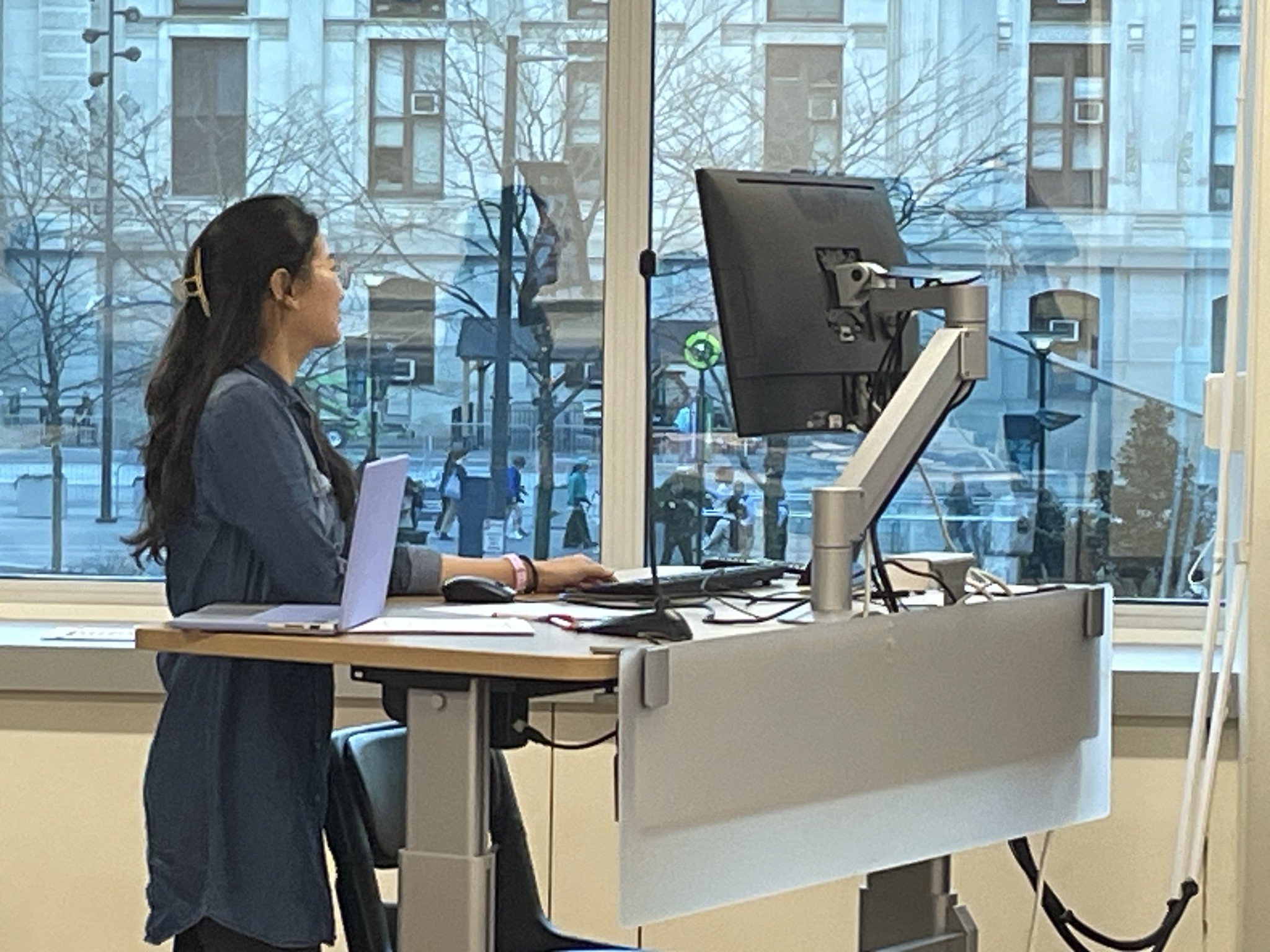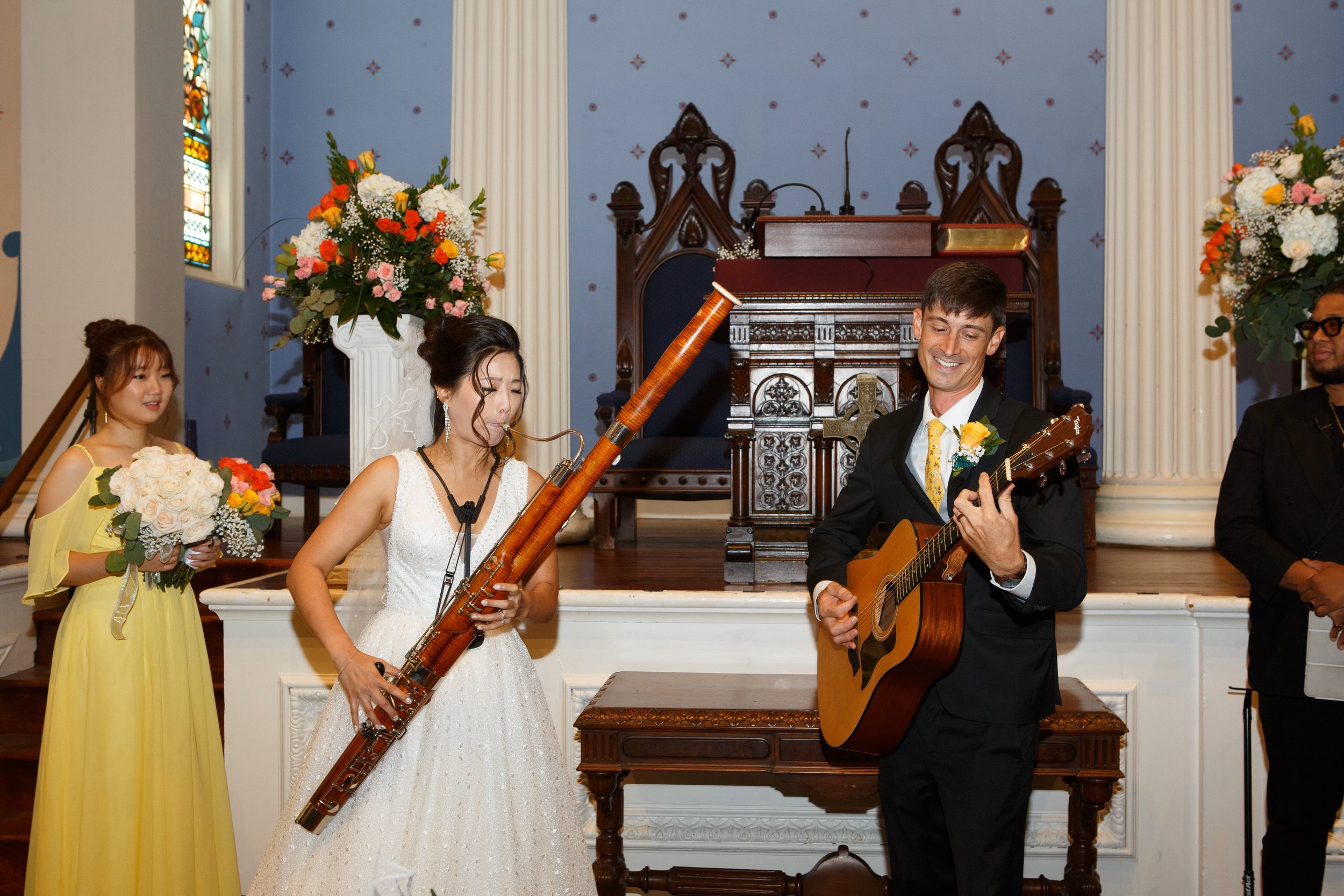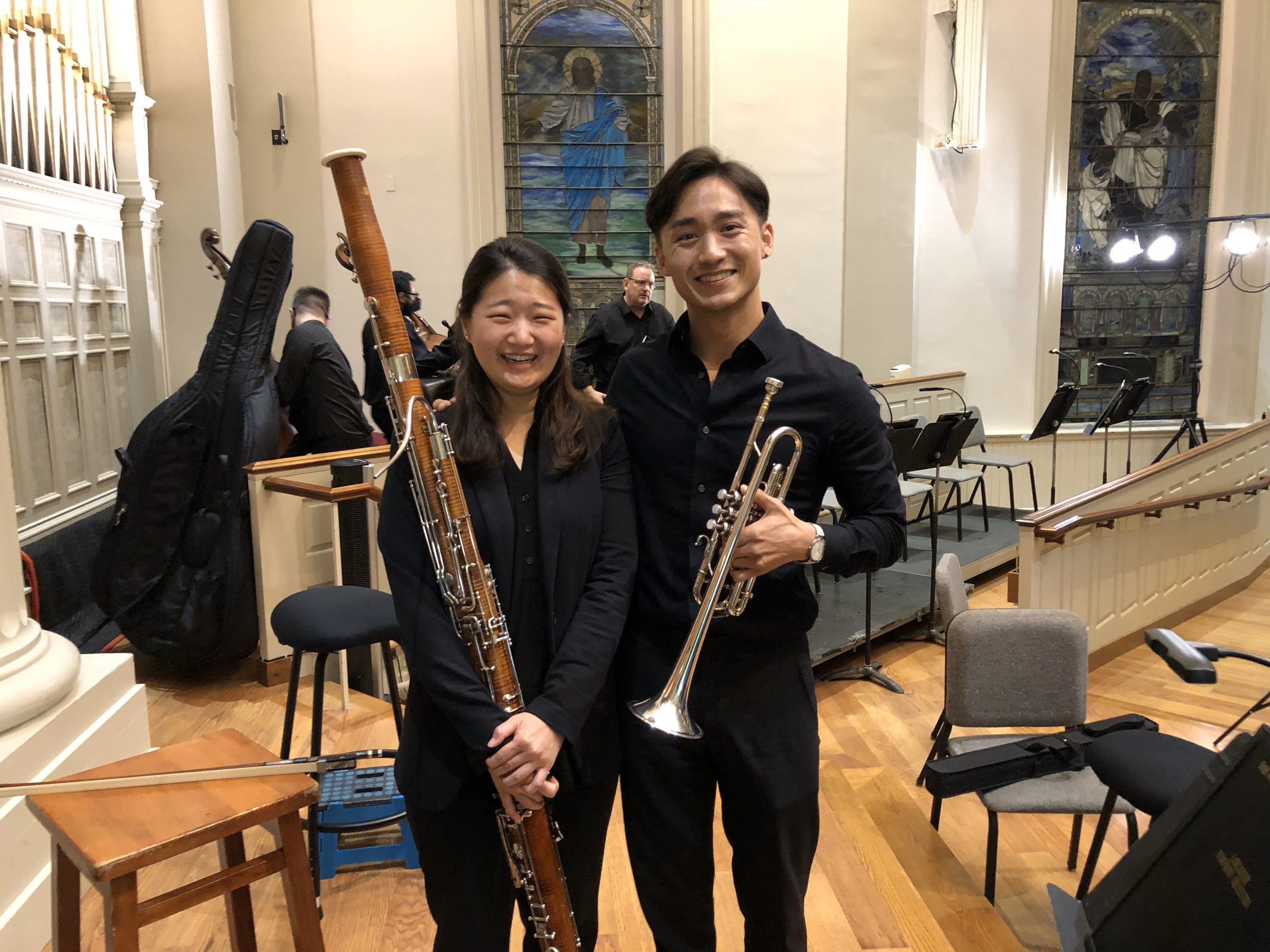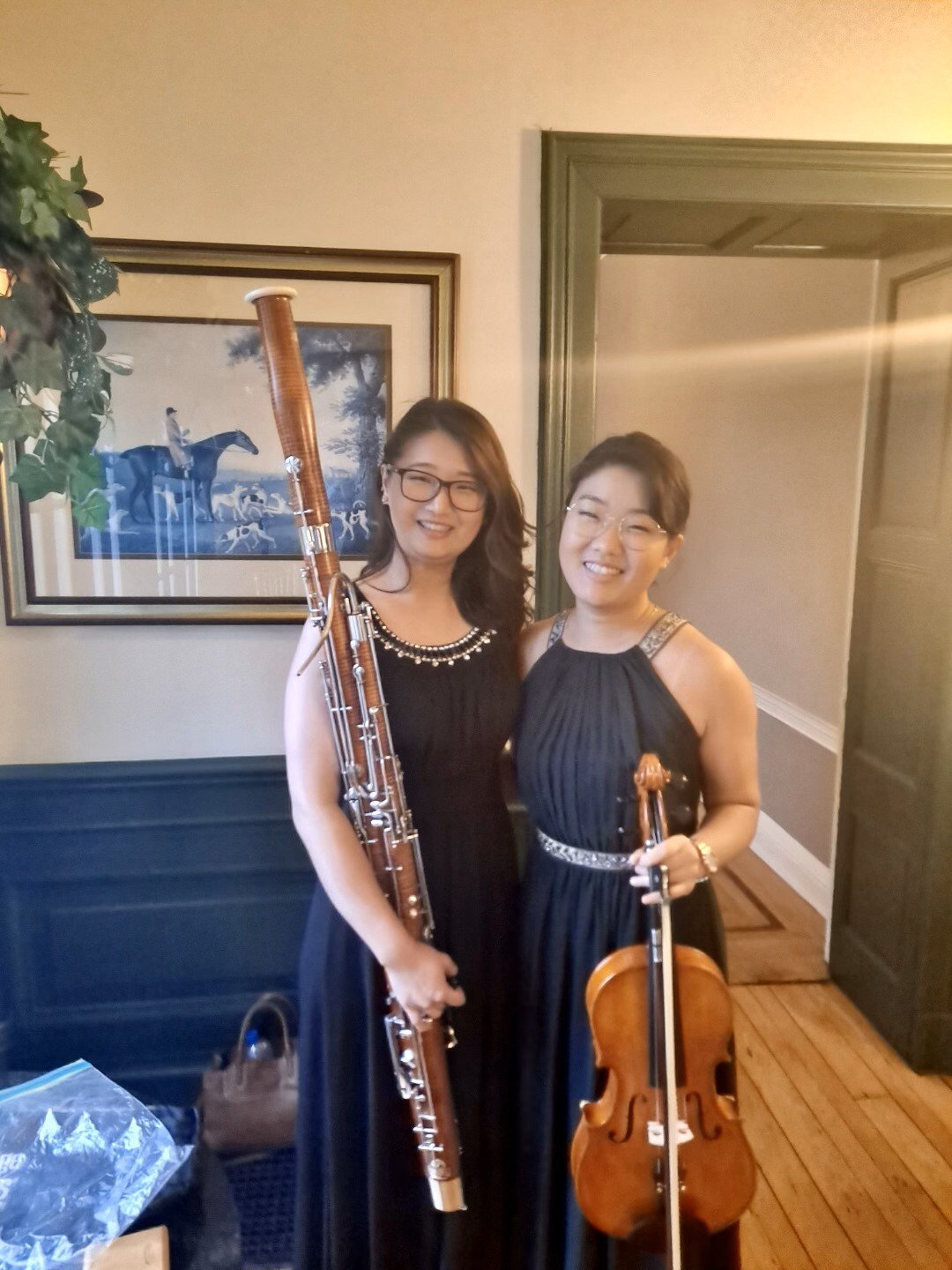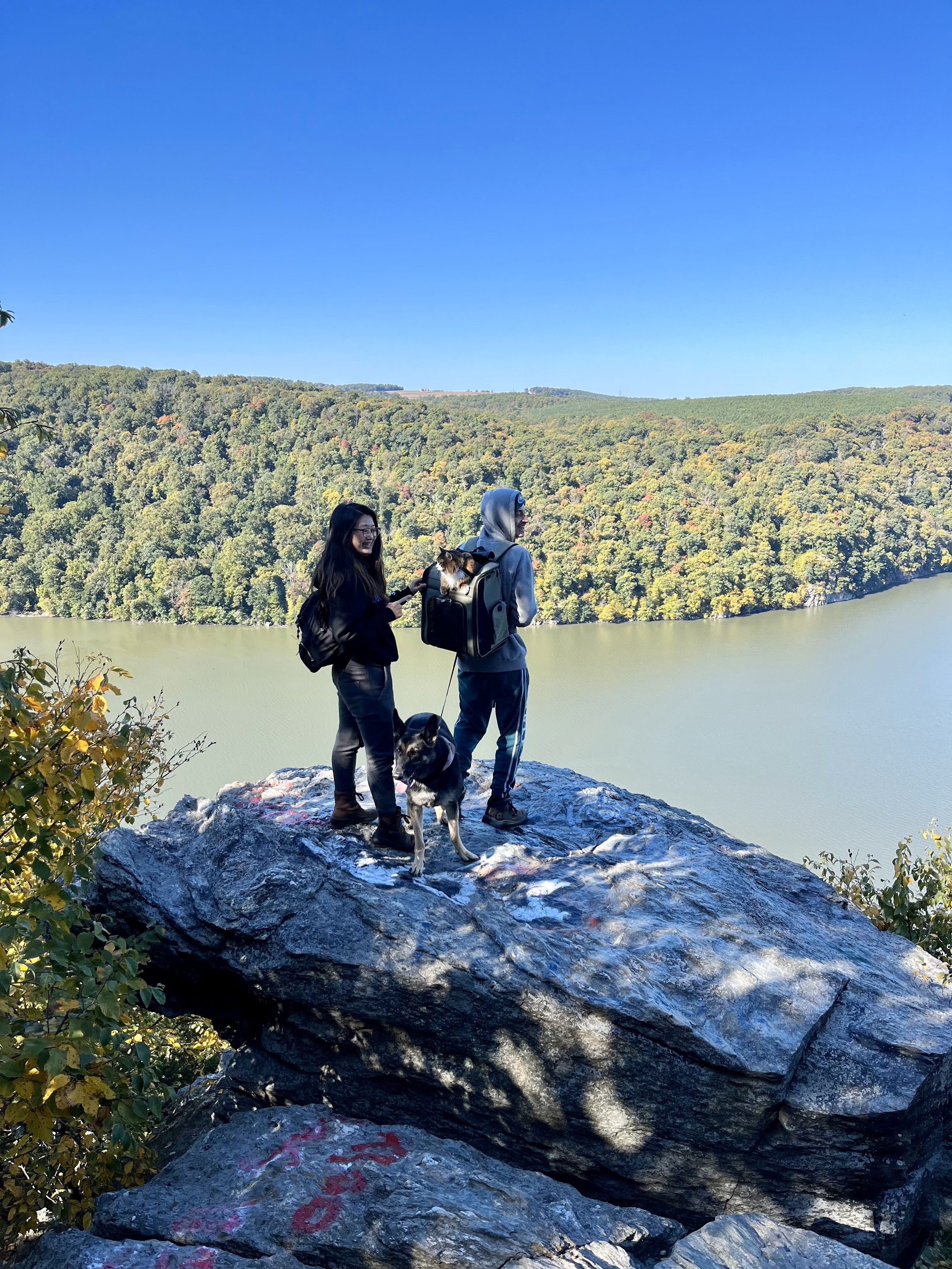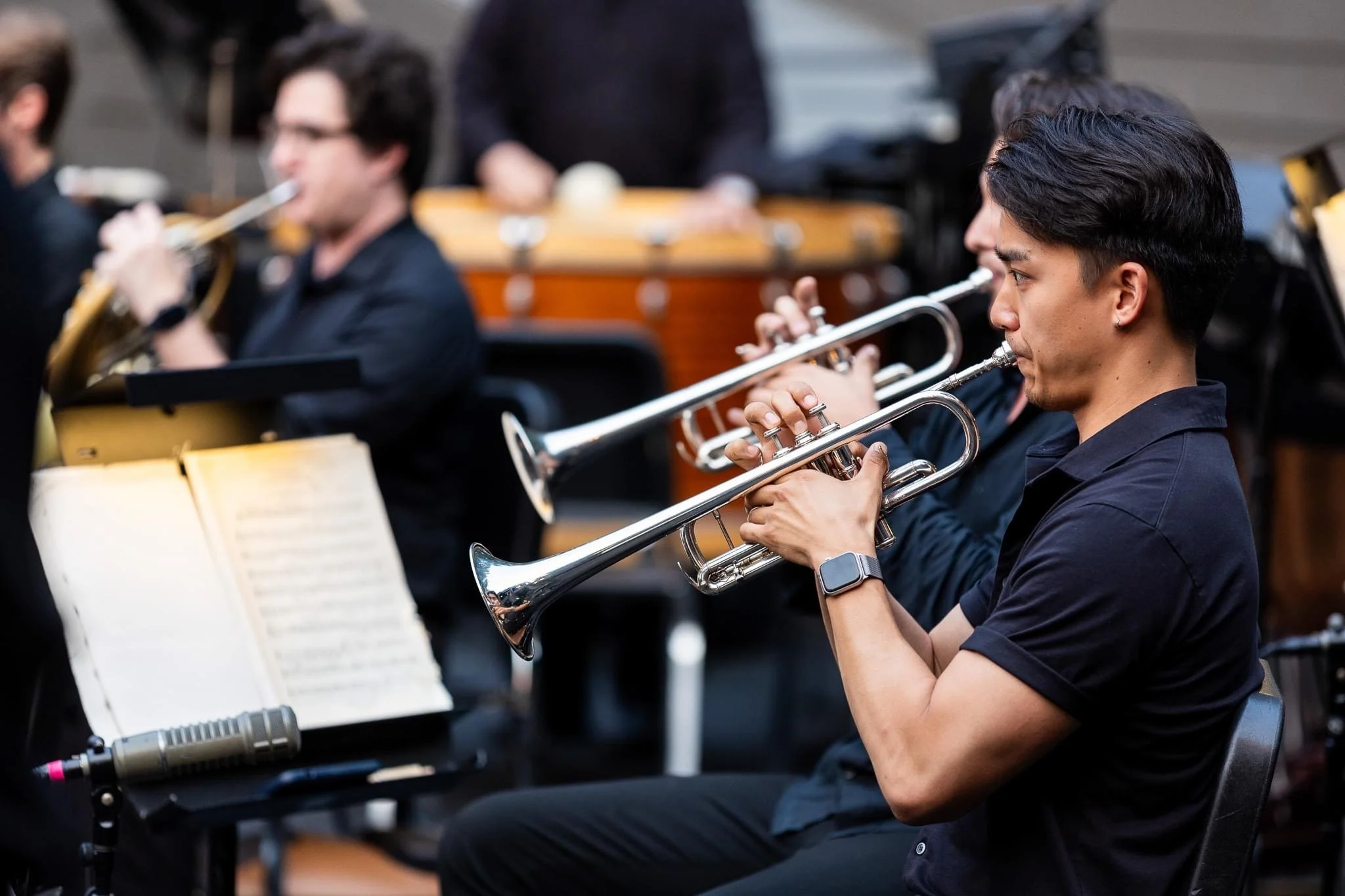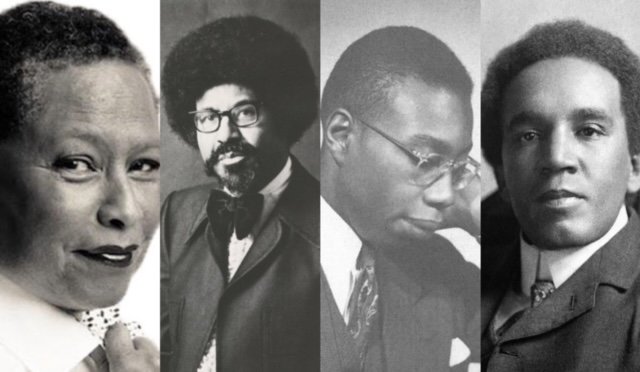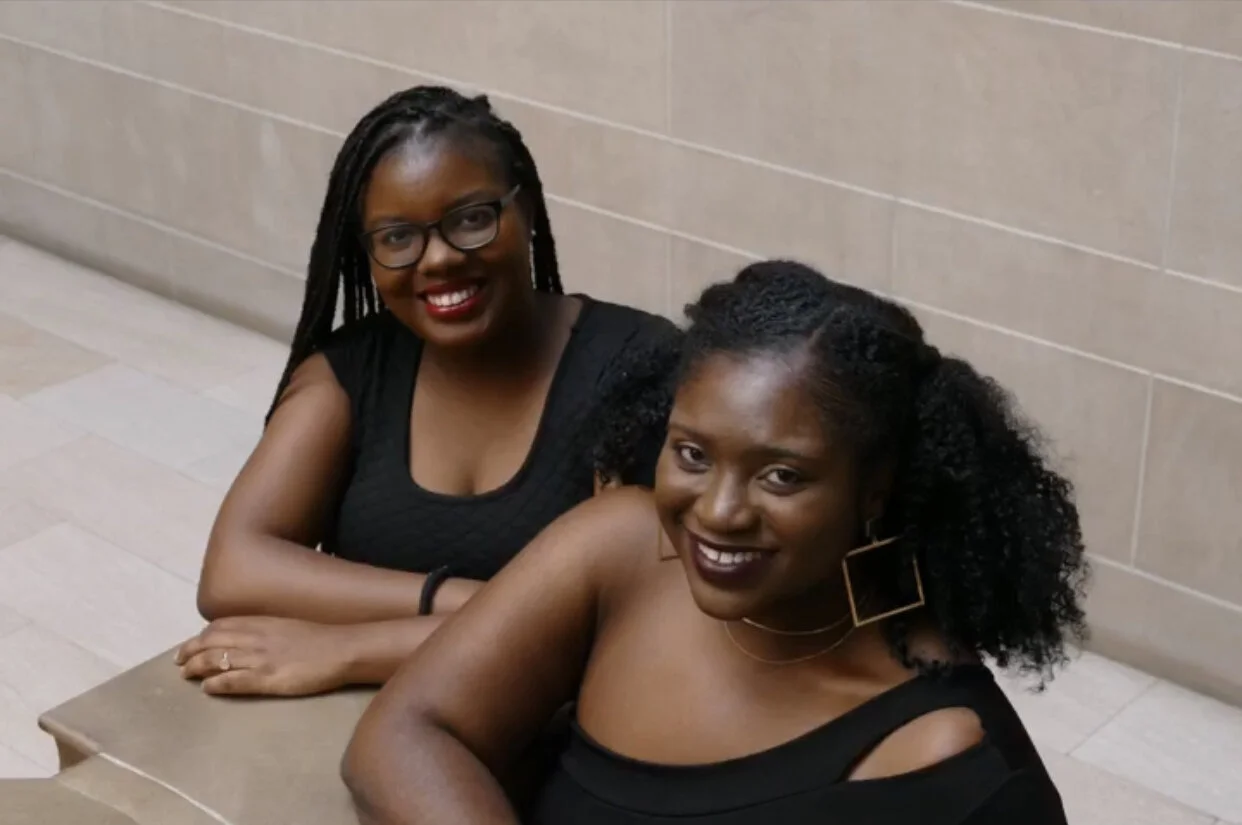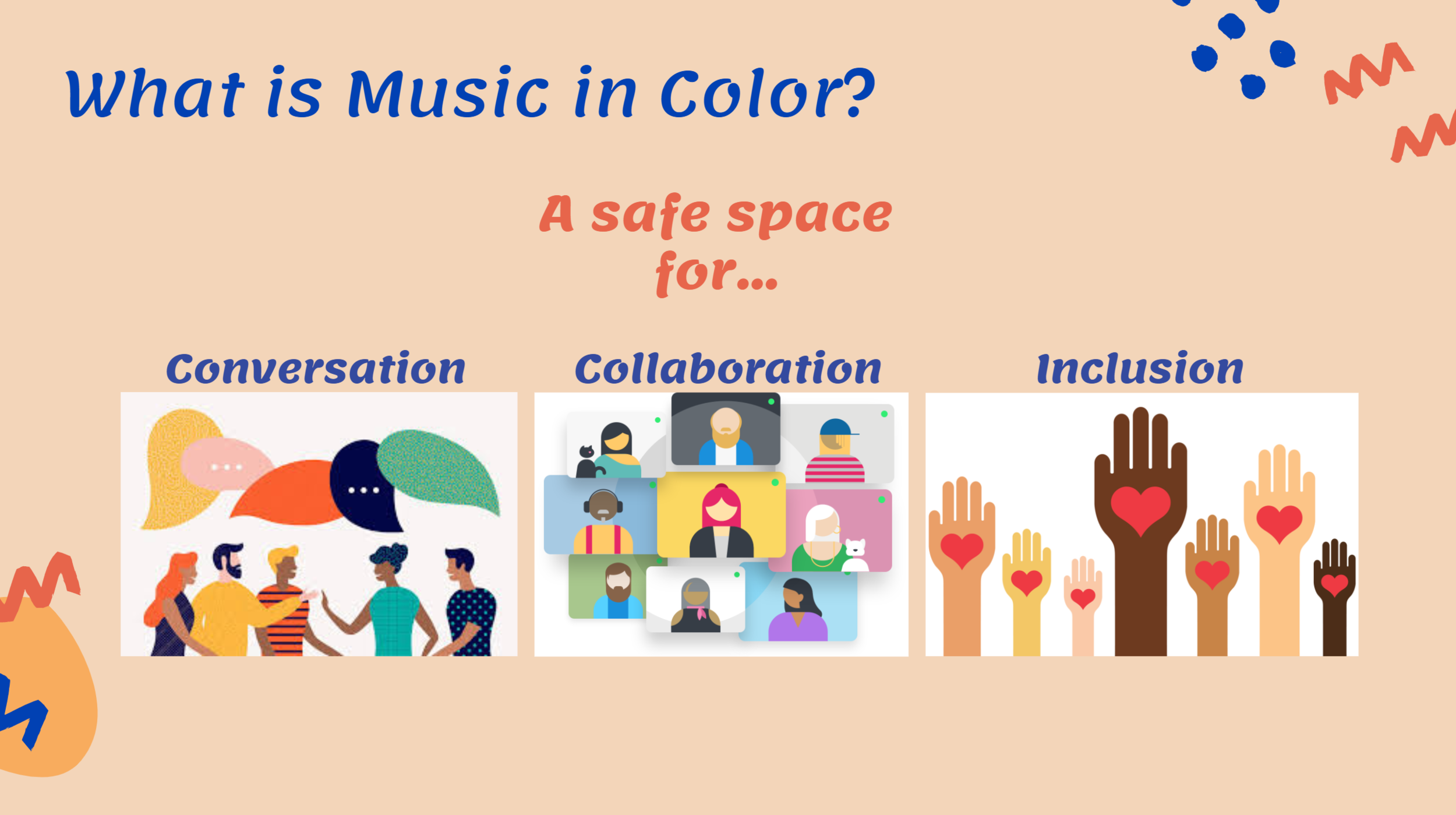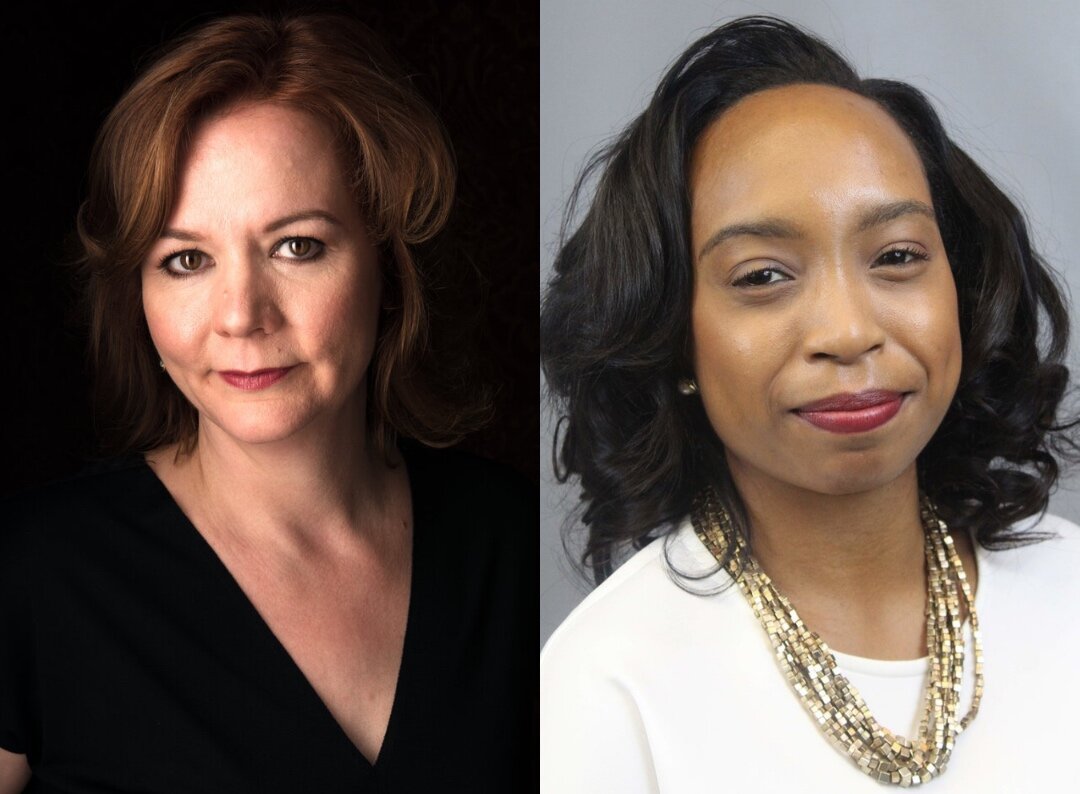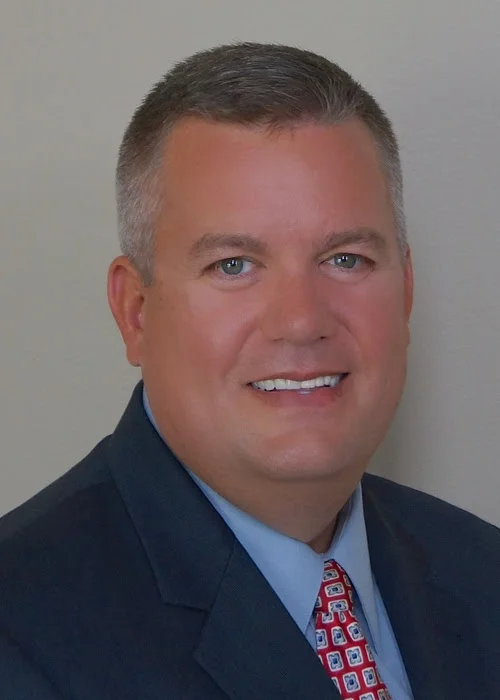I started taking violin lessons at the age of 4 following the Suzuki method. However, my love for music didn't start there. My mother played all types of music for me while she was pregnant and I took a Mommy and Me music class that started when I was about 6 months old. My mother played piano growing up and was adamant that my brother and I also played instruments.
Playing the violin gave me opportunities and confidence that I may not have so easily obtained without it. I never had the opportunity to have stage fright because starting at 5 years old I played concerts for family which later evolved to recitals that featured my violin teacher’s other students. I participated in Suzuki play-ins at the Franklin Institute for years and was one of hundreds of students contributing to filling the halls of the historic museum. Most importantly, at my Grandmother’s orchestration, I began playing at church. In front of the entire congregation. My brother and I were members of our youth choir, but let’s be real, my real talent was playing the violin. I was able to captivate audiences through my voice personified through my instrument. I was small, but my sound and presence were mighty. Seeing a need for another youth activity, the Church Orchestra was formed with my brother and I as founding members. Being in church orchestra allowed me to strengthen my leadership skills, teaching other musicians how to read music and leading my small violin section. To this day, many of my family members and older Church members recognize me as “the girl with the violin” and some even ask if I still play. Unfortunately, I decided to take a break from playing once I graduated High school. Springside School was where I started playing and Springside School was where I had my final recital at my Senior Assembly. One day I plan to pick my old buddy back up, but for now, we are continuing to take some time apart.
While I no longer consider myself a musician, music is what has made me the woman I am today. Through music, I was able to make connections with people, practice new skills and through music, I feel at home. Growing up, my Grandmother not only ensured I was utilizing and showcasing my leadership and musicianship skills at church and beyond, but she also ensured I knew the importance of giving back. Not just to those who helped me get to where I am, but also to my direct and extended community. Growing up I participated in many days of service and participated in a reading program that directly contributed to my mother’s alma mater, Francis D. Pastorius Elementary School. I also have fond memories of riding to D’Ambrosios’s bakery to pick-up rolls that were included in platters that my Grandmother served to the homeless through our church. Ironically, I can still remember how amazing they smelled and how delicious they tasted coming fresh out of the over. My grandmother was also a founding member of our church scholarship committee and also preached the importance of an excellent education. Both my grandparents preached this to me while I was in their care and my parents were living proof of it and set the example for my brother and I on a daily basis. This commitment to service is what spurred my interest and later commitment to serving my community.
After graduating from George Mason University, I moved back to Philadelphia to pursue my Masters at Drexel University. While I was physically home, I felt as though something was missing from my life. Going to work and hanging out with friends only occupies so much of your time and as a millennial, I grew up with a booked calendar of extra-curricular activities. I knew I needed to use my time wisely. I was reminded of my commitment to service and made it a priority once I had finished Grad school and was settled in a job to find an organization that was a mutually good fit for me give back to my community through. After a great deal of research, I was connected to Project 440 through the Young Involved Philadelphia Board Prep Program. With my talents and passion for the arts and supporting my community, I knew that board service was a natural next step in my commitment to giving back. Project 440’s mission, to engage, educate and inspire young musicians, providing them with the career and life skills they need to develop into tomorrow's civic-minded, entrepreneurial leaders, has and will continue to have a seismic impact on students. Many young musicians need support from organizations offering programs such as the ones at Project 440 to feel encouraged to continue with their passion or have a community to know that they can use their current passions to help evolve them into incredible human beings. I am proud to help continue the legacy and impact that music has on students through my service work with Project 440. I hope that more individuals in my generation step-up to keep music in schools or return them to schools and ensure organizations like Project 440 have the longevity to support and encourage student musicians and students interested in music for generations to come.
More About Megan:
Megan A. Speight is an experienced public relations and communications professional with over 6 years’ experience in the industry. She has worked in both the nonprofit and for-profit sectors working for organizations such as Comcast, The Franklin Institute and the National Constitution Center. In her current role as Public Relations Manager at Maternity Care Coalition, Ms. Speight focuses her efforts on media relations, developing and implementing public relations plans, supporting the Fund Development and program staff with events, and co-manages all of the organizations’ social media platforms. Most notably, Ms. Speight has worked on the PA Safe Sleep campaign, a multi-media campaign promoting safe sleep practices for families with newborns, where she manages social media ads, purchased over $150,000 in SEPTA ads, developed a radio PSA, and managed the production of a hospital waiting room video.
Ms. Speight is a native of Wyndmoor, Pennsylvania, but currently resides in Philadelphia. She is a graduate of Springside School, obtained her B.A. in Communications from George Mason University and her M.S. in Public Communication from Drexel University. She is the Deputy Director of Public Relations for WIM Global, a Blogger for the Red Cross of Southeastern Pennsylvania, Chair of the Marketing Advisory Committee for Project 440 and a member of the Junior League of Philadelphia.




